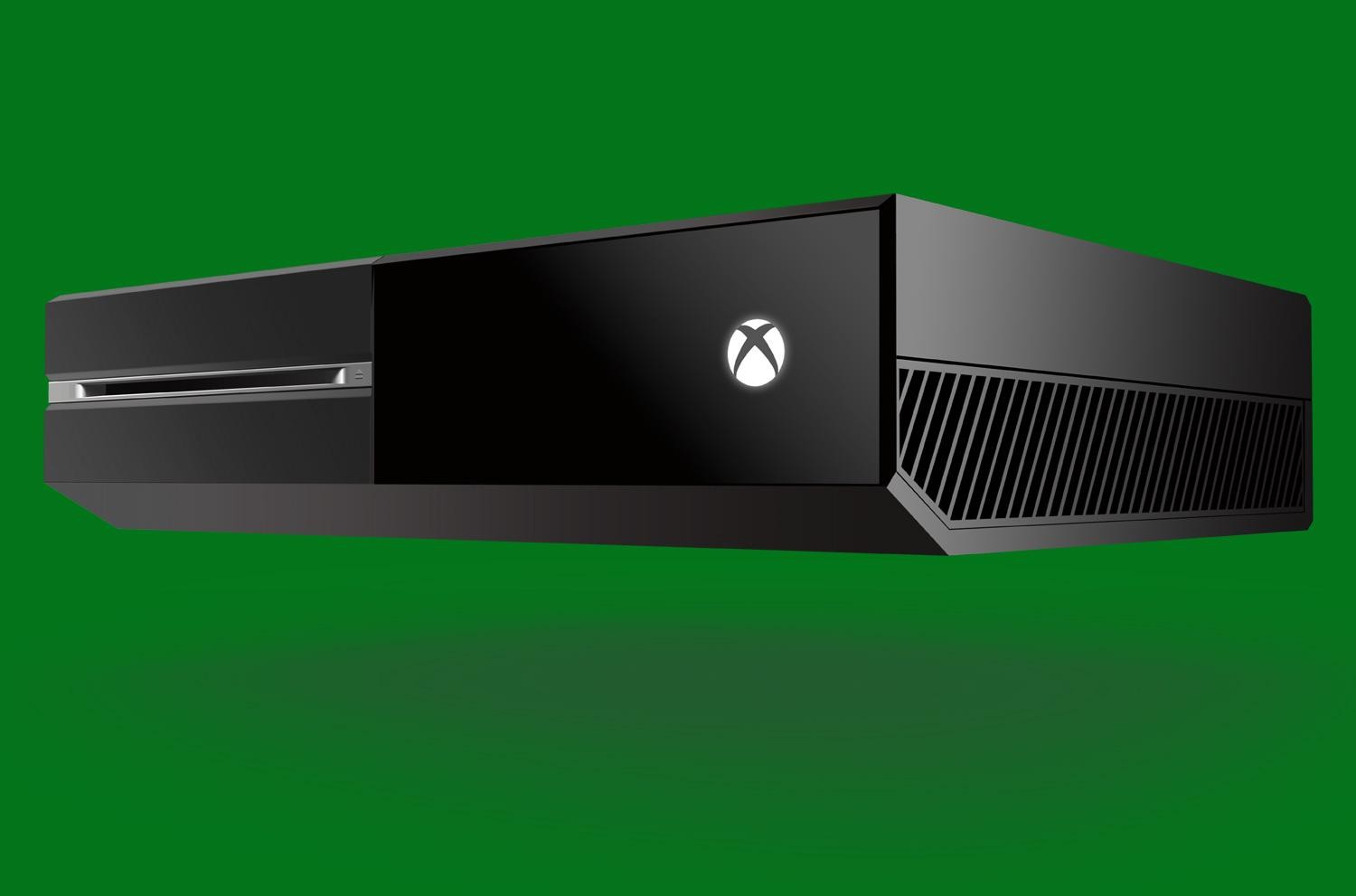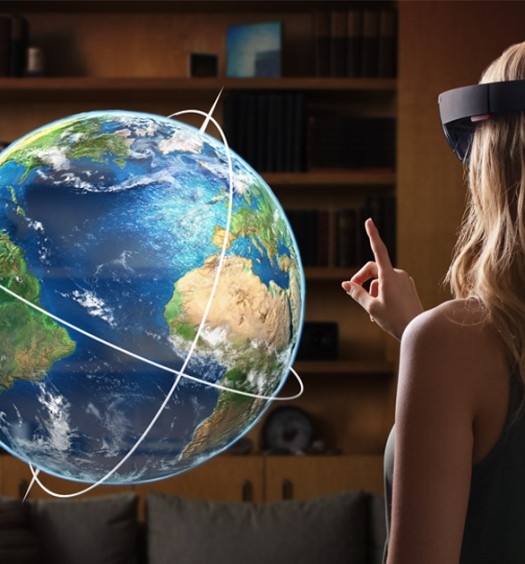Speaking during the Xbox One Spring Showcase event last Thursday, Microsoft’s Phil Spencer indicated that the future strategy for the Xbox brand could include incremental console hardware upgrades rather than replacement by next-generation machines.
“You’ll actually see us come out with new hardware capability during a generation,” said Spencer.
The chief of all things Xbox spoke of Microsoft’s aligning its development strategies for Windows 10 and Xbox One under the banner of “Universal Windows Platform.” He’s talked before about cross-play, cross-buy and cross-save features, and it’s long been apparent than the operating systems for Windows PCs and Xbox Ones are growing increasingly alike. On this occasion, though, he also intimated a similar approach to hardware upgrades.
“We see on other platforms whether it be mobile or PC that you get a continuous innovation that you rarely see on console,” he said. “Consoles lock the hardware and the software platforms together at the beginning of the generation. Then you ride the generation out for seven or so years, while other ecosystems are getting better, faster, stronger. And then you wait for the next big step function.”
Spencer foresees that changing, with more hardware innovations coming than ever before. He explained that the aforementioned mid-generation hardware advances will allow “the same games to run backward and forward compatible because we have a Universal Windows Application running on top of the Universal Windows Platform that allows us to focus more and more on hardware innovation without invalidating the games that run on that platform.”
Continuing, he spoke of how PC gamers can play all the latest and most graphically advanced games on the same system that still runs ’90s classics. Given how wildly popular Xbox One’s Xbox 360 backwards compatibility feature has been with gamers, it’s a safe bet that this is something that would excite console gamers.
Polygon caught up with Spencer later in the day and pressed him on the specifics of his plan for what sounds like either a modular Xbox platform or one that Microsoft will constantly upgrade through new retail SKUs with more powerful hardware. Unsurprisingly, he was unwilling to “announce our road map for hardware.”
He did, however, speak in more generalities about how PC and mobile “have a very continuous evolution cycle in hardware, whereas between console generations most of the evolution is making it cheaper and potentially making it smaller.
“Both are meaningful but don’t make the games play any better. If you look at PC specifically and see the evolution that happens there, there’s no reason why consoles can’t ride that same curve.
“I look at the ecosystem that a console sits in and I think that it should have the capability of more iteration on hardware capability. Sony is doing this with VR and adding VR capabilities mid-cycle to the PlayStation 4 and they are doing that by adding another box. I don’t mean that as a negative. But it’s not changing what the core console is about.”
Spencer still believes consoles offer “the best price to performance deal,” he concedes that consoles are no longer “way ahead of the price performance curve” at launch compared to what’s available on PC. Still, he says Microsoft is more committed than ever to the console market. His comments speak directly to gamers who were upset when it was recently revealed that the previously Xbox exclusive Quantum Break would release simultaneously on PC.
Source: Polygon
Correction: Our original headline read “Xbox One,” not simply “Xbox.” XBLA Fans regrets the error.




